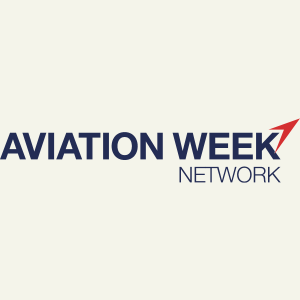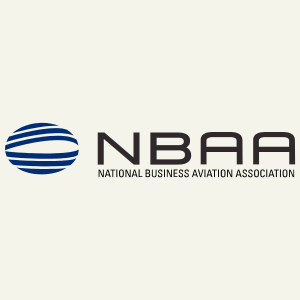I was recently asked what I read to stay updated on the aviation industry. Since I am constantly reading and studying information covering all aspects of our industry, this was a challenging question to answer. I read anything and everything that I can find about our industry because, as the Chief Instructor for the American Flyers Flight Instructor Recertification Course, I am responsible for continuously updating the course with new and relevant information.
Here is a list of a few publications I regularly read and a brief description of why I think they are relevant and essential. I have found that articles in these publications generally offer hints into areas I explore in greater detail at a later stage.

American Flyers publishes the Pilots Digest every other month. This publication provides a variety of articles addressing safety, procedures, and education from a group of seasoned contributors ranging from general aviation and airline pilots to nationally recognized maintenance professionals.

AOPA is widely recognized as the world’s most influential general aviation pilot organization. Between their pilot advocacy efforts and lobbying efforts, they are at the forefront of most issues facing the aviation industry. If a significant issue affects the aviation industry, AOPA will most likely be discussing and reviewing it.

Aviation Week is an aviation resource hub. Here, you can find short stories and articles related to all aspects of the global aviation industry. It is a subscription-based newsletter that allows you to read a small part of the article for free. Most articles require a paid subscription to be read in their entirety.

I view AVweb as a clearinghouse of information regarding the global aviation industry. Whether it’s an issue affecting the military, GA, or the airlines, it will likely be mentioned in this publication. These are usually general articles that prompt me to dive into research on the subject to discover the whole story.

If you are a member of NBAA, you can receive the “Business Aviation Insider.” This excellent publication discusses safety and procedural topics primarily for business aviation. They also include articles discussing how to fly into different countries and the critical issues for pilots operating in and out of these countries.

GAN provides many articles specifically focused on the general aviation industry. They don’t get into jets and big airplanes, but rather most of their stories are on the other end of the spectrum, dealing with older aircraft and taildraggers. This is a helpful tool for learning more about an unusual airplane’s flying characteristics.

The FAA Newsroom contains articles related to a broad spectrum of topics. Many of these articles are written “after the fact,” so they merely explain a new system or policy after implementation. Many articles are about the airlines and the National Air Transportation System. Nonetheless, it is a good resource for researching and discovering more about the timeline of various events.

The NASA Callback newsletters should be on the must-read list for every pilot and instructor. These newsletters discuss various incidents and accidents and their root causes, along with a dissection of each decision that was and should have been made. They have regular newsletters titled “What Would You Have Done?” These review various accidents and challenge pilots to think about what they would have done in similar situations.

The FAASTeam website deals specifically with the education and proficiency of general aviation pilots. It is an excellent resource for pilots and mechanics. I use this as an additional resource when needed, and I enjoy that FAASTeam sends regular emails for webinars on various subjects each month.

Very few GA pilots in the United States worry about ICAO. As an international organization, they primarily focus on the aviation transport industry. However, as an instructor, I have found it helpful and interesting to see what is happening in other parts of the world when teaching students from different countries. The topics discussed in these newsletters most likely include information that will affect these foreign students when they return to their country.

A new law or regulation does not get implemented without first being summarized in the Federal Register. You can tailor notifications to those areas or departments that affect you, and whenever a relevant topic is posted, an email with the details is sent to you. This makes it much easier to stay updated on these topics rather than having to read the whole federal register each day.

There is no one perfect list. As long as you find ways to stay in touch with the new and changing topics in aviation, you are ahead of the game. I suggest your reading list should take about 10–15 minutes each day to review and include a mix of enjoyment, safety, procedures, and maintenance or systems.










